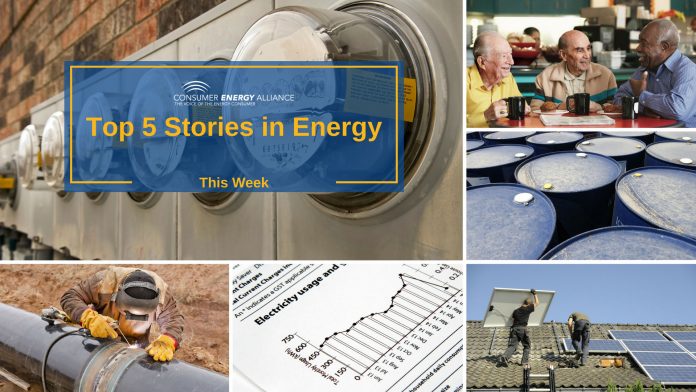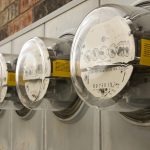
Residential electricity meters connected to the Internet of Things are finally being installed on a widespread basis. Later this year, utility companies in Australia and New Zealand will be deploying smart metering systems to households across their respective countries, and American utility operators are closely following these developments as they consider similar measures. New smart meters completely eliminate the need to visit homes and businesses to get electricity consumption readings; furthermore, they add the ability to connect and disconnect services remotely while at the same time providing detailed statistics and troubleshooting options.
The OPEC strategy to manipulate crude oil production and supply for the purpose of raising prices is finally paying off as crude oil inventories in the U.S. have been significantly reduced in recent months. The American Petroleum Institute estimates that oil reserves have fallen by five million barrels higher than expected. Global refineries have reduced their output by more than 10,000 barrels per day, and oil industry leaders in Russia and Saudi Arabia are pleased to see prices climb as high as $60 per barrel of Brent crude. Americans will likely see higher gasoline and heating oil prices over the next few weeks as a result.
The U.S. International Trade Commission has unanimously recommended to President Donald Trump the imposition of import tariffs on solar panel manufactured abroad. American manufacturers of solar power cells have seen increased competition from imported panels, and the ITC believes that import tariffs would protect the domestic industry. The ITC members issued their unanimous vote after reviewing statements prepared by solar panel manufacturing firms that have gone bankrupt in recent years. President Trump has considerable powers to adjust tariffs and follow the ITC suggestions. High tariffs could slow down the adoption of solar energy by American electricity providers, and the costs would ultimately be passed onto consumers.
High energy prices and an alarming lack of affordable housing are two issues that officials in the Golden State have been struggling to deal with in the 21st century; for this reason, The Multifamily Affordable Housing Solar Roofs Program aims to bring some relief to this socioeconomic problem. With investments estimated at $100,000 per apartment building, this initiative aims to reduce the payments that working-class tenants must make each month to keep their utilities on.
TransCanada said an open season that ended in late October has attracted sufficient demand from shippers to justify building the Keystone XL pipeline. The company could make a final investment decision by December, but the project still needs approval from the state of Nebraska, which is expected to issue its decision by the end of the month.













